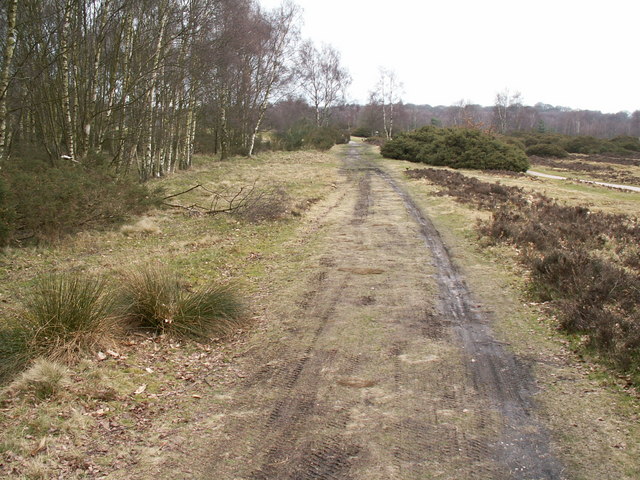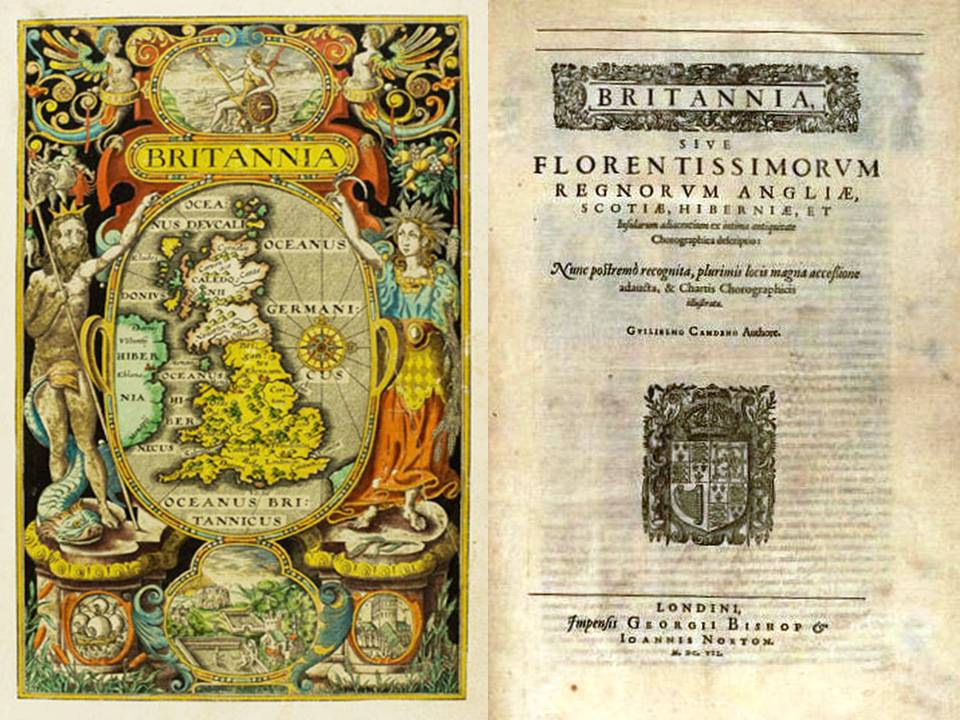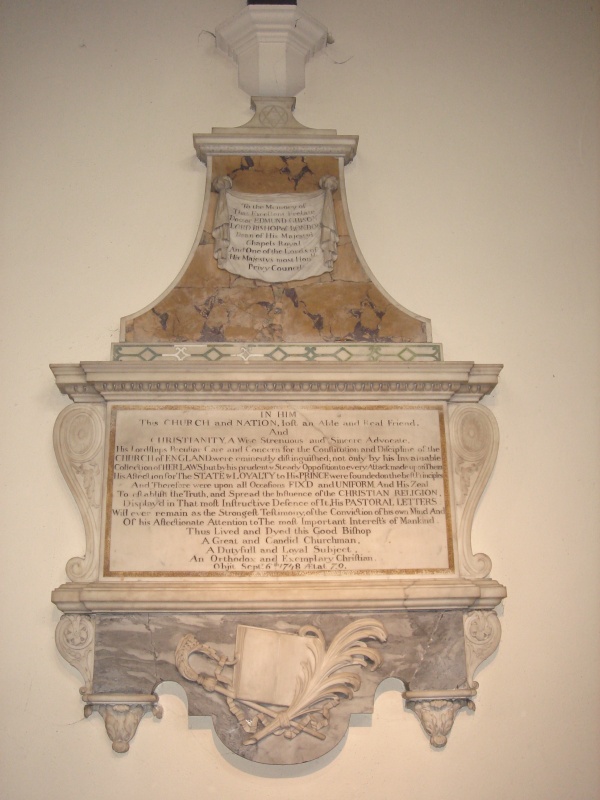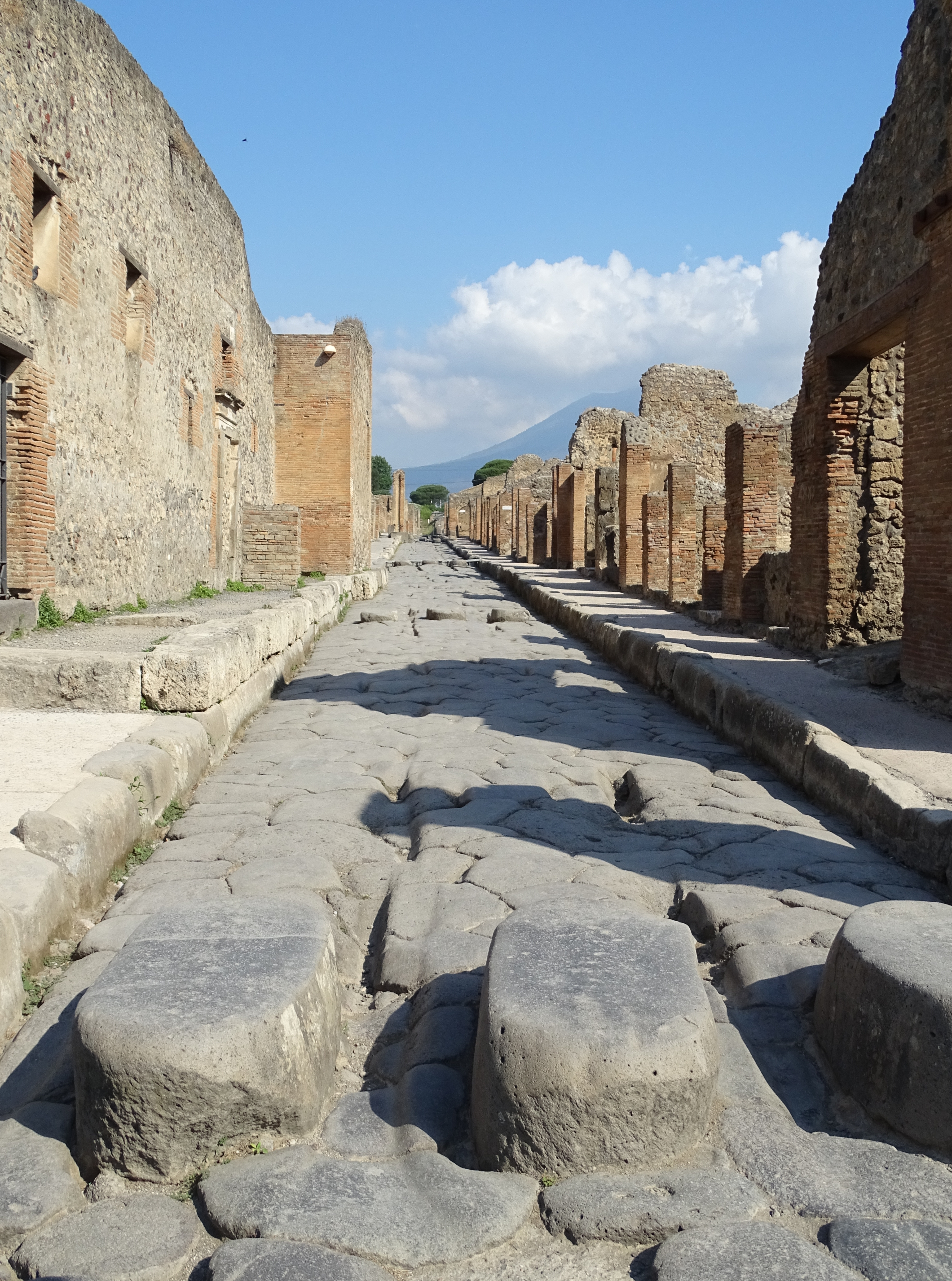|
John Cade (antiquarian)
John Cade (1734–1806) was an English tradesman and antiquary. Retiring from business, he took up the study of Roman remains around County Durham, putting forward hypotheses of reconstruction of Roman roads, in particular, that were controversial. Life Cade was born in January 1734, at Darlington, where he was educated at Darlington grammar school. Entering a wholesale linendraper's firm in London, he was promoted as head of the counting-house, and subsequently became a partner in a branch of the concern at Dublin. Cade retired from business, with an independent financial position. He died at Gainford 10 December 1806, and was buried at Darlington. Works Cade corresponded with Thomas Reynolds, Richard Kaye and Richard Gough; but was strongly controverted by William Hutchinson. Not a member of the Society of Antiquaries of London, he contributed papers to '' Archæologia'', their journal. These included: * ''Conjectures concerning some undescribed Roman Roads and other Antiqui ... [...More Info...] [...Related Items...] OR: [Wikipedia] [Google] [Baidu] |
County Durham
County Durham ( ), officially simply Durham,UK General Acts 1997 c. 23Lieutenancies Act 1997 Schedule 1(3). From legislation.gov.uk, retrieved 6 April 2022. is a ceremonial county in North East England.North East Assembly �About North East England. Retrieved 30 November 2007. The ceremonial county spawned from the historic County Palatine of Durham in 1853. In 1996, the county gained part of the abolished ceremonial county of Cleveland.Lieutenancies Act 1997 . Retrieved 27 October 2014. The county town is the of |
Icknield Street
Icknield Street or Ryknild Street is a Roman road in England, with a route roughly south-west to north-east. It runs from the Fosse Way at Bourton on the Water in Gloucestershire () to Templeborough in South Yorkshire (). It passes through Alcester, Studley, Redditch, Metchley Fort, Birmingham, Sutton Coldfield, Lichfield, Burton upon Trent and Derby. Names Four Roman roads having the King's protection are named in the Laws of Edward the Confessor: Watling Street, Ermine Street, the Fosse Way, and Hikenild or Icknield Street. Hikenild Strete is generally supposed to be connected with the country of the Iceni. Various forms of the name (the earliest in Anglo-Saxon charters are Icenhilde Weg or Icenilde Weg) designate other roads from the borders of Norfolk through Cambridgeshire, Bucks, Berks, Hants and Wilts into Dorset. These locations, however, would identify the route as Icknield Way an Iron Age trackway running from Norfolk to Dorset. What is today referred to as the ... [...More Info...] [...Related Items...] OR: [Wikipedia] [Google] [Baidu] |
English Businesspeople
English usually refers to: * English language * English people English may also refer to: Peoples, culture, and language * ''English'', an adjective for something of, from, or related to England ** English national identity, an identity and common culture ** English language in England, a variant of the English language spoken in England * English languages (other) * English studies, the study of English language and literature * ''English'', an Amish term for non-Amish, regardless of ethnicity Individuals * English (surname), a list of notable people with the surname ''English'' * People with the given name ** English McConnell (1882–1928), Irish footballer ** English Fisher (1928–2011), American boxing coach ** English Gardner (b. 1992), American track and field sprinter Places United States * English, Indiana, a town * English, Kentucky, an unincorporated community * English, Brazoria County, Texas, an unincorporated community * Engl ... [...More Info...] [...Related Items...] OR: [Wikipedia] [Google] [Baidu] |
1806 Deaths
Eighteen or 18 may refer to: * 18 (number), the natural number following 17 and preceding 19 * one of the years 18 BC, AD 18, 1918, 2018 Film, television and entertainment * ''18'' (film), a 1993 Taiwanese experimental film based on the short story ''God's Dice'' * ''Eighteen'' (film), a 2005 Canadian dramatic feature film * 18 (British Board of Film Classification), a film rating in the United Kingdom, also used in Ireland by the Irish Film Classification Office * 18 (''Dragon Ball''), a character in the ''Dragon Ball'' franchise * "Eighteen", a 2006 episode of the animated television series ''12 oz. Mouse'' Music Albums * ''18'' (Moby album), 2002 * ''18'' (Nana Kitade album), 2005 * '' 18...'', 2009 debut album by G.E.M. Songs * "18" (5 Seconds of Summer song), from their 2014 eponymous debut album * "18" (One Direction song), from their 2014 studio album ''Four'' * "18", by Anarbor from their 2013 studio album '' Burnout'' * "I'm Eighteen", by Alice Cooper commonl ... [...More Info...] [...Related Items...] OR: [Wikipedia] [Google] [Baidu] |
1734 Births
Events January– March * January 8 – Salzburgers, Lutherans who were expelled by the Roman Catholic Bishop of Salzburg, Austria, in October 1731, set sail for the British Colony of Georgia in America. * February 16 – The Ostend Company, established in 1722 in the Austrian Netherlands (modern-day Belgium) to compete for trade in the West Indies (the Caribbean islands) and the East Indies (south and southeast Asia), ceases business as part of the agreement by Austria in the Second Treaty of Vienna. * March 12 – Salzburgers arrive at the mouth of the Savannah River in the British Colony of Georgia. April–June * April 25 – Easter occurs on the latest possible date (the next time is in 1886). * May 15 – Prince Charles of Spain (later King Charles III) becomes the new King of Naples and Sicily, five days after his arrival in Naples. * May 25 – Spanish forces under the command of José Carrillo de Albornoz, 1st Duke of Mo ... [...More Info...] [...Related Items...] OR: [Wikipedia] [Google] [Baidu] |
Gentleman's Magazine
''The Gentleman's Magazine'' was a monthly magazine founded in London, England, by Edward Cave in January 1731. It ran uninterrupted for almost 200 years, until 1922. It was the first to use the term ''magazine'' (from the French ''magazine'', meaning "storehouse") for a periodical. Samuel Johnson's first regular employment as a writer was with ''The Gentleman's Magazine''. History The original complete title was ''The Gentleman's Magazine: or, Trader's monthly intelligencer''. Cave's innovation was to create a monthly digest of news and commentary on any topic the educated public might be interested in, from commodity prices to Latin poetry. It carried original content from a stable of regular contributors, as well as extensive quotations and extracts from other periodicals and books. Cave, who edited ''The Gentleman's Magazine'' under the pen name "Sylvanus Urban", was the first to use the term ''magazine'' (meaning "storehouse") for a periodical. Contributions to the magazi ... [...More Info...] [...Related Items...] OR: [Wikipedia] [Google] [Baidu] |
John Nichols (printer)
John Nichols (2 February 1745 – 26 November 1826) was an English printer, author and antiquary. He is remembered as an influential editor of the ''Gentleman's Magazine'' for nearly 40 years; author of a monumental county history of Leicestershire; author of two compendia of biographical material relating to his literary contemporaries; and as one of the agents behind the first complete publication of Domesday Book in 1783. Early life and apprenticeship He was born in Islington, London to Edward Nichols and Anne Wilmot. On 22 June 1766 he married Anne, daughter of William Cradock. Anne bore him three children: Anne (1767), Sarah (1769), and William Bowyer (born 1775 and died a year later). His wife Anne also died in 1776. Nichols was married a second time in 1778, to Martha Green who bore him eight children. Nichols was taken for training by "the learned printer", William Bowyer the Younger in early 1757.Keith Maslen, ‘Bowyer, William (1699–1777)’, ''Oxford Dictionary of ... [...More Info...] [...Related Items...] OR: [Wikipedia] [Google] [Baidu] |
William Camden
William Camden (2 May 1551 – 9 November 1623) was an English antiquarian, historian, topographer, and herald, best known as author of ''Britannia'', the first chorographical survey of the islands of Great Britain and Ireland, and the ''Annales'', the first detailed historical account of the reign of Elizabeth I of England. Early years Camden was born in London. His father Sampson Camden was a member of The Worshipful Company of Painter-Stainers. He attended Christ's Hospital and St Paul's School, and in 1566 entered Oxford (Magdalen College, Broadgates Hall, and finally Christ Church). At Christ Church, he became acquainted with Philip Sidney, who encouraged Camden's antiquarian interests. He returned to London in 1571 without a degree. In 1575, he became Usher of Westminster School, a position that gave him the freedom to travel and pursue his antiquarian researches during school vacations. ''Britannia'' In 1577, with the encouragement of Abraham Ortelius, Camden bega ... [...More Info...] [...Related Items...] OR: [Wikipedia] [Google] [Baidu] |
Edmund Gibson
Edmund Gibson (16696 September 1748) was a British divine who served as Bishop of Lincoln and Bishop of London, jurist, and antiquary. Early life and career He was born in Bampton, Westmorland. In 1686 he was entered a scholar at Queen's College, Oxford. Shortly after Thomas Tenison's elevation to the see of Canterbury in 1694 Gibson was appointed chaplain and librarian to the archbishop, and in 1703 and 1710 respectively he became rector of Lambeth and archdeacon of Surrey. Episcopal career In 1716 Gibson was presented to the see of Lincoln, whence he was in 1723 translated to London. For twenty-five years he exercised influence, being consulted by Sir Robert Walpole on ecclesiastical affairs. While a conservative in church politics, and opposed to Methodism, he was no persecutor, and indeed broke with Walpole on the Quakers' Relief Bill of 1736. He exercised oversight over the morals of his diocese; and his denunciation of the masquerades which were popular at court final ... [...More Info...] [...Related Items...] OR: [Wikipedia] [Google] [Baidu] |
Archaeologia (London)
Archaeologia or Archæologia may refer to: *''Archaeologia Cambrensis'', an archaeological and historical scholarly journal, published annually in Wales by the Cambrian Archaeological Association, containing excavation reports, book reviews, and historical essays. It also includes society notes and accounts of field visits *''Archaeologia Cantiana The Kent Archaeological Society was founded in 1857 to promote the study and publication of archaeology and history, especially that pertaining to the ancient county of Kent in England. This includes the modern administrative county as well as area ...'', an annual journal published by the Kent Archaeological Society on the archaeology and history of Kent * ''Archaeologia'' (London), an international journal published by the Society of Antiquaries of London *'' Archaeologia Scotica: Transactions of the Society of Antiquaries of Scotland'' *'' Archaeologia Polona'', a journal published in English annually since 1958 by the Institute of ... [...More Info...] [...Related Items...] OR: [Wikipedia] [Google] [Baidu] |
Roman Road
Roman roads ( la, viae Romanae ; singular: ; meaning "Roman way") were physical infrastructure vital to the maintenance and development of the Roman state, and were built from about 300 BC through the expansion and consolidation of the Roman Republic and the Roman Empire. They provided efficient means for the overland movement of armies, officials, civilians, inland carriage of official communications, and trade goods. Roman roads were of several kinds, ranging from small local roads to broad, long-distance highways built to connect cities, major towns and military bases. These major roads were often stone-paved and metaled, cambered for drainage, and were flanked by footpaths, bridleways and drainage ditches. They were laid along accurately surveyed courses, and some were cut through hills, or conducted over rivers and ravines on bridgework. Sections could be supported over marshy ground on rafted or piled foundations.Corbishley, Mike: "The Roman World", page 50. Warwick Press, ... [...More Info...] [...Related Items...] OR: [Wikipedia] [Google] [Baidu] |
Society Of Antiquaries Of London
A society is a group of individuals involved in persistent social interaction, or a large social group sharing the same spatial or social territory, typically subject to the same political authority and dominant cultural expectations. Societies are characterized by patterns of relationships (social relations) between individuals who share a distinctive culture and institutions; a given society may be described as the sum total of such relationships among its constituent of members. In the social sciences, a larger society often exhibits stratification or dominance patterns in subgroups. Societies construct patterns of behavior by deeming certain actions or concepts as acceptable or unacceptable. These patterns of behavior within a given society are known as societal norms. Societies, and their norms, undergo gradual and perpetual changes. Insofar as it is collaborative, a society can enable its members to benefit in ways that would otherwise be difficult on an individual b ... [...More Info...] [...Related Items...] OR: [Wikipedia] [Google] [Baidu] |





